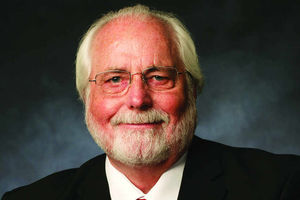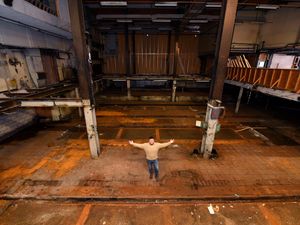Cuts to West Midlands Fire Service worse than expected
The latest round of cuts to fire service budgets are worse than bosses were expecting.

But the chairman of West Midlands Fire Authority said the service will still manage to deliver a balanced budget, despite being stripped of £400,000 more than he had been led to believe by Whitehall.
Councillor John Edwards said a recent recruitment drive to find 50 new firefighters would only replace those that had been lost through retirement.
He said: "We're certainly not growing as an organisation.
"We've lost £22 million of funding, 27 per cent of what we get from the Government, over the past four years."
Ministers outlined the latest round of cuts to councils this week, saying that nationally they would be stripped of around 1.8 per cent of their 'spending power'.
However Labour councillors in the Black Country say deprived areas have hit the hardest, with Wolverhampton losing five per cent.
West Midlands Fire Authority will see its funding fall from £68m this year to £61.9m next while
Staffordshire Fire Authority will go from £19.9m to £18.2m.
Councillor Edwards said: "For the West Midlands that's around £400,000 less than we were told last year. It's a little worse but after £22m of cuts we will have to live with it."
He said the number of fire engines had reduced from 61 to 41 with the shortfall made up by smaller 'brigade response' vehicles crewed by firefighters.
"We cost people £1 a week. We think that's a very good rate for the emergency service we provide."
The Local Government Association said that the cut in central government grants amounted to 8.8 per cent, and warned that town halls will be forced to consider cutting services as they slice an estimated £2.6 billion off their budgets for 2015/16.
And the Chartered Institute for Public Finance and Accountancy (Cipfa) put the reduction in central grants at 14.6 per cent and said the actual reduction in average spending power was 6%, with some councils facing cuts in their budgets of almost 11 per cent. The DCLG figure was more than three times lower because the Government included in its calculation grants which are ring-fenced for specific purposes or are part of NHS budgets, and are administered by councils but over which they have no control, said Cipfa.





